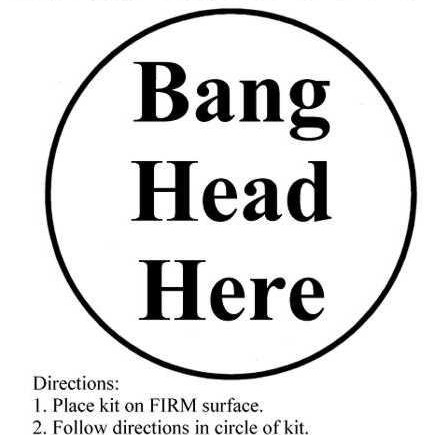
7 Kick-Butt Ways to Attack Busy Season Chaos
No two words strike dread into the heart of public accountants quite like – Busy Season.
The Urban Dictionary defines Busy Season as:
A period of the year in public accounting designated by mandatory 55+ hour work weeks, weight gain, decreased sexual activity, increased alcohol consumption, late nights, tickmarks, excel, ineptitude, and uncomfortable moments in the audit room. Generally begins in mid-January and continues through March. For idiots who joined the tax practice, this season will extend through April and again repeat itself from July to October. Busy season can be used to justify lack of contact with family, friends, your spouse/significant other, and little to no knowledge of current events. No weddings, funerals, or births should be planned during this time.
A humorous definition, but the struggle is real. Before you invest heavily in antacids, I’ve compiled a list of accountant-recommended ways to control the season’s anxiety and stress. These are some proven tactics I’ve gathered from years of working with public accountants.
7 Ways to Attack Busy Season Chaos
- Tune Your Operating System. Just as a computer’s operating system makes it powerful – your personal operating system is the source of your power. Rest. Eat well. Exercise (even if it’s only simple stretches and a mid-day walk). And stay hydrated. Keep your operating system at peak performance.
- Better Planning. Planning is one thing. Better planning is another. Learn from past years. Plan the big picture. Identify and add critical time savers. Adjust your working environment for maximum efficiency and comfort. Stock up on healthy snacks. Arm yourself with a list of alternatives to greasy (energy-busting) fast food meals – including menus from area restaurants and on-line food delivery services like Grubhub, Eat24, and Seamless.
- Professional Support. Don’t go it alone. Enlist the support of an experienced associate or mentor – someone who’s also been in the trenches and who is able to give guidance and encouragement.
- Personal Support. In addition to a professional mentor, have a personal advocate. Whether it’s a spouse or a close friend, have a touchstone who will provide unconditional support and a life-line to the ‘outside’.
- Meaningful Incentive/Focus. Establish a focus or incentive outside of work such as Sunday brunch with family; a volunteer activity; or a weekly sports event. A goal unrelated to the stress at the office relieves tension with a refreshing change of pace.
- Shorter, Defined Deadlines. Revamp your to-do list. Assign start and end times to each task. If you have a scheduled 8am call with a client, determine an end time and stick to it. Allotting specific times slots for each task will keep you in control of the day and increased control results in reduced anxiety.
- Create a To-Don’t List. Just as creating a written to-do list helps to focus on what needs to get done, having a written to-don’t list keeps you from drifting off task. What things distract you? Social Media? Texts? Music? Snacks in the break-room? Write those distractions down and hold yourself accountable to keep them off-limits.
It’s a given – busy season bring chaos. It’s sink or swim. Controlling chaos, rather than being controlled, will keep your head above water.
Career Wellness
As a career coach and recruiter, exclusive to public accounting, I help professionals find career success. Connect with me on LinkedIn.
Interested in more career nutrition? Check out the Career Wellness section of the SterlingFreeman website.
Go To SterlingFreeman - Career Wellness
